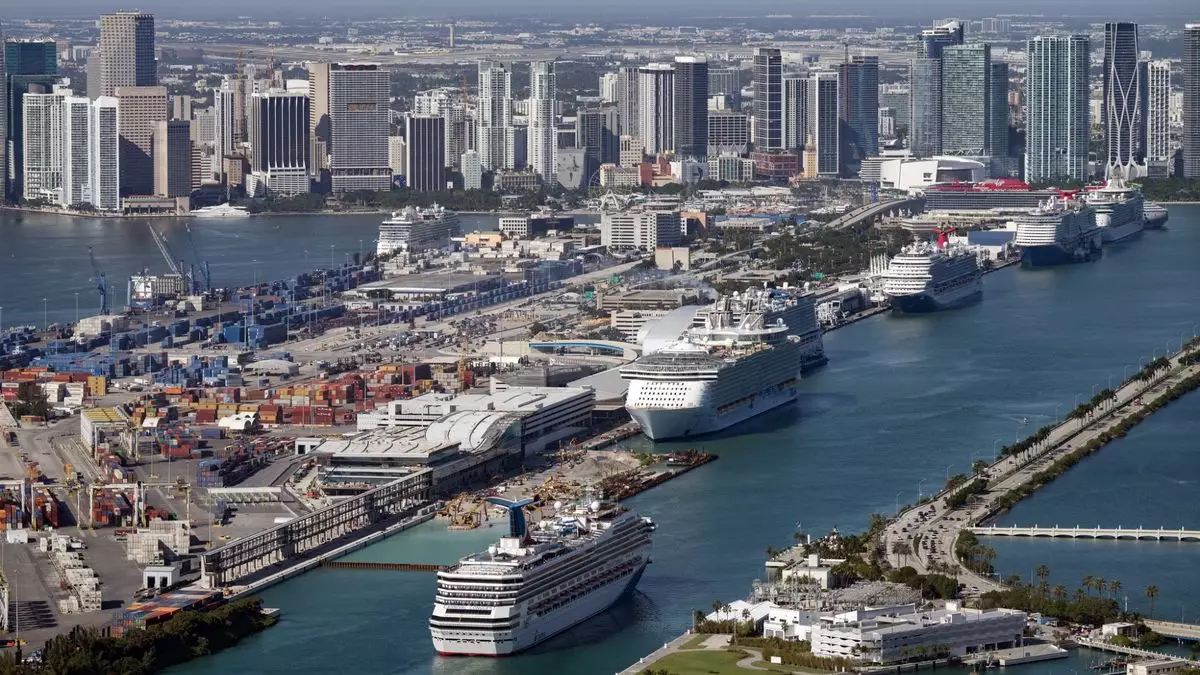On October 1, 2023, the International Longshoremen’s Association (ILA) initiated a strike that significantly disrupted operations across U.S. ports, extending from Maine to Texas. This move was primarily motivated by demands for higher wages and concerns over automation in dock operations. The ILA represents thousands of dockworkers responsible for the loading and unloading of cargo ships, thus creating a ripple effect throughout supply chains and the broader economy.
In a strategic decision to minimize the impact of the strike on consumers, ILA leadership, particularly President Harold Daggett, announced that the workforce would maintain operations for passenger cruise ships. This decision reflects a uniquely balanced approach where the union is attempting to uphold customer experiences while pressing for their demands. Daggett highlighted the importance of cruise vacations for American families, noting that many of these trips are planned years in advance. By continuing to service cruise operations, the ILA aims to dampen backlash from the public and safeguard a steady flow of essential revenue for these tourism sectors.
While cruise operations remain untouched, other cargo-related activities face serious complications. The ILA’s strike means that cargo ships docking at 36 critical ports along the East Coast and the Gulf Coast will not be unloaded, leading to a potential backlog of goods. If the strike persists beyond a few weeks, consumers may face shortages of various essential products, including grocery items and automobile deliveries. The implications of such disruptions are substantial, considering the already strained supply chains in the wake of recent global events.
Interestingly, the ILA’s decision preserves military cargo operations, suggesting a prioritization of national security and defense logistics amidst labor disputes. This choice underscores the critical role dockworkers play not just in commerce but also in supporting military readiness. By ensuring that military shipments continue without hindrance, the ILA is likely aiming to assert its importance as a labor force while also signaling that some services are simply too vital to compromise.
The strike has garnered diverse reactions from various stakeholders. For instance, representatives from Norwegian Cruise Line Holdings expressed gratitude towards the ILA for their commitment to cruise passengers, highlighting the importance of maintaining a stable tourism industry during such disruptions. This sentiment reflects a broader recognition within the cruise industry of the ILA’s balancing act—supporting both their labor rights and customer interests, while providing continuity in an inherently volatile business environment.
The ILA strike brings forth significant challenges to U.S. ports, particularly affecting cargo operations for a wide range of goods. Nonetheless, the union’s selective continuation of cruise operations and military cargo processing indicates a strategic approach aimed at maintaining essential services while advocating for better working conditions. As the strike unfolds, stakeholders from various sectors will be closely monitoring the developments, especially the potential impacts on consumer availability and economic stability in the months ahead. With workers and employers locked in a fundamental labor conflict, the long-term consequences could reshape not only labor relations at these ports but also consumer experiences nationwide.


Leave a Reply